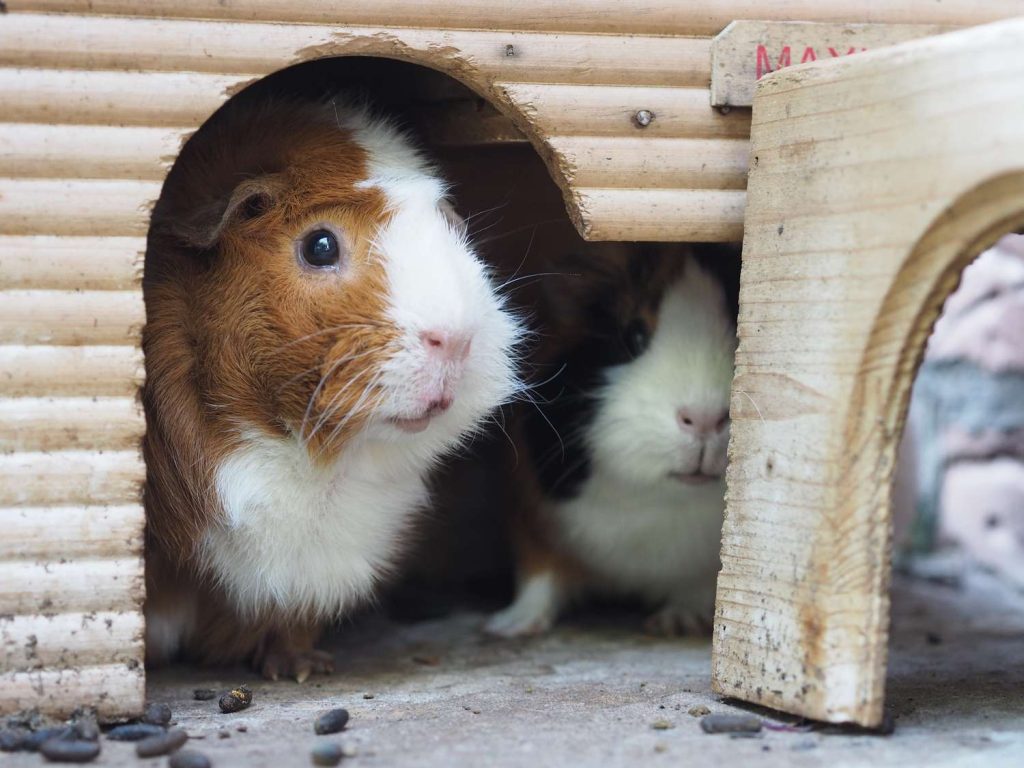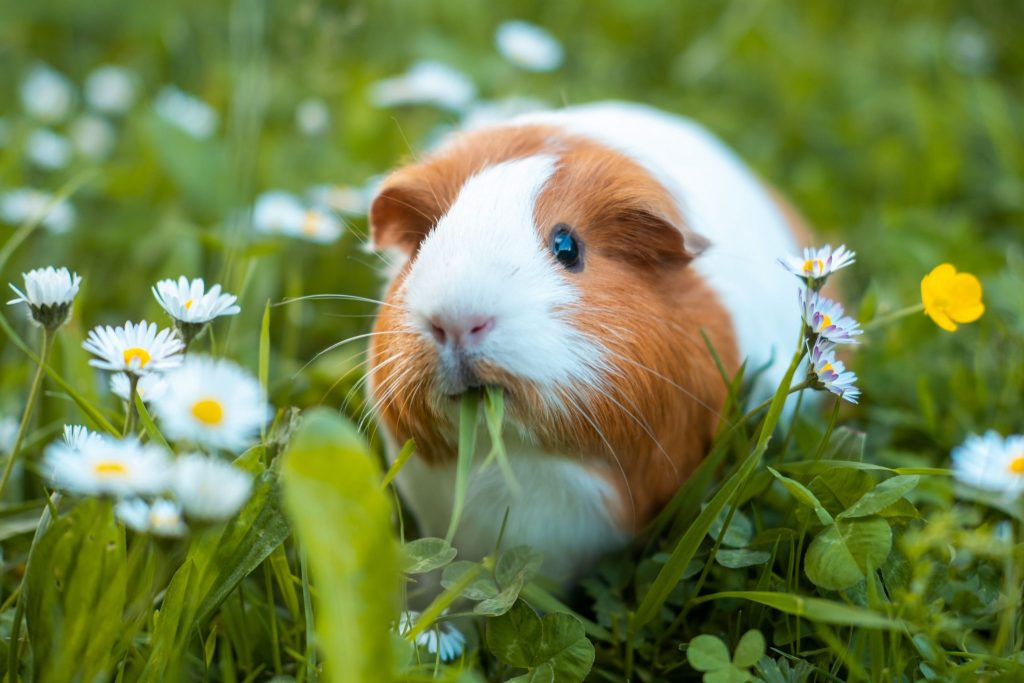Guinea pigs, also known as cavies, are popular pets due to their cute and cuddly appearance, friendly personalities, and low maintenance requirements. However, just like humans and other animals, guinea pigs can experience stress. In this article, we will discuss the causes of stress in guinea pigs, how to recognize and prevent stress, and the potential health consequences of chronic stress.

Causes of Stress in Guinea Pigs
There are various factors that can cause stress in guinea pigs, such as:
Environmental Factors
Guinea pigs are sensitive to their environment and can get stressed if they are exposed to loud noises, bright lights, or strong smells. For example, placing a guinea pig’s cage near a television or a busy road can be stressful for them.
Social Factors
Guinea pigs are social animals and thrive on companionship. Isolating a guinea pig or keeping them in a cage that is too small can cause stress. In addition, introducing a new guinea pig to an existing group can be stressful for all animals involved, as they establish a hierarchy and social order.
Handling and Care
Guinea pigs can get stressed if they are handled roughly, or if their owners do not provide adequate care. Neglecting their daily needs, such as clean water, fresh food, and a clean cage, can also cause stress.
Illness or Injury
A sick or injured guinea pig can experience stress due to physical discomfort and the disruption of their daily routine. If left untreated, illness or injury can lead to chronic stress and even death.
How to Recognize and Prevent Stress in Guinea Pigs
It is essential to be able to recognize the signs of stress in guinea pigs to prevent or alleviate it. Common signs of stress in guinea pigs include:
- Reduced appetite or weight loss
- Hiding or retreating to the back of the cage
- Aggression or biting
- Restlessness or pacing
- Excessive grooming or self-mutilation
- Diarrhea or constipation
- Reduced activity level or lethargy
To prevent or alleviate stress in guinea pigs, consider the following tips:
- Provide a suitable environment – Guinea pigs require a spacious cage with plenty of natural light, fresh air, and comfortable bedding. The cage should be kept in a quiet area away from loud noises and strong smells.
- Socialize with other guinea pigs – Guinea pigs are social animals and need to interact with other members of their species. If you have a single guinea pig, consider adopting another one to keep them company.
- Provide adequate care – Guinea pigs require daily care, including feeding, watering, and cleaning their cage. Neglecting their basic needs can cause stress.
- Handle them gently – Guinea pigs are delicate animals that can get stressed if they are handled roughly or forcefully. When picking them up, support their entire body and avoid squeezing them.
- Provide enrichment – Guinea pigs are curious animals that need stimulation and enrichment to prevent boredom and stress. Provide them with toys, tunnels, and other interactive items.

Potential Health Consequences of Chronic Stress
Chronic stress can have severe health consequences for guinea pigs, including:
- Weakened immune system – Chronic stress can weaken the immune system, making guinea pigs more susceptible to infections and diseases.
- Digestive problems – Stress can disrupt the digestive system, leading to diarrhea, constipation, or other gastrointestinal issues.
- Respiratory problems – Chronic stress can weaken the respiratory system, making guinea pigs more susceptible to respiratory infections.
- Skin problems – Stress can cause guinea pigs to over-groom themselves, leading to skin irritation and open wounds.
- Behavioral problems – Chronic stress can cause behavioral problems, such as aggression, depression, or anxiety.

Guinea pigs can experience stress due to various factors, such as environmental, social, handling, and health-related factors. Recognizing the signs of stress and taking steps to prevent or alleviate it is essential for their health and well-being. Chronic stress can have severe health consequences for guinea pigs, so it is essential to provide them with a suitable environment, socialization, adequate care, gentle handling, and enrichment.